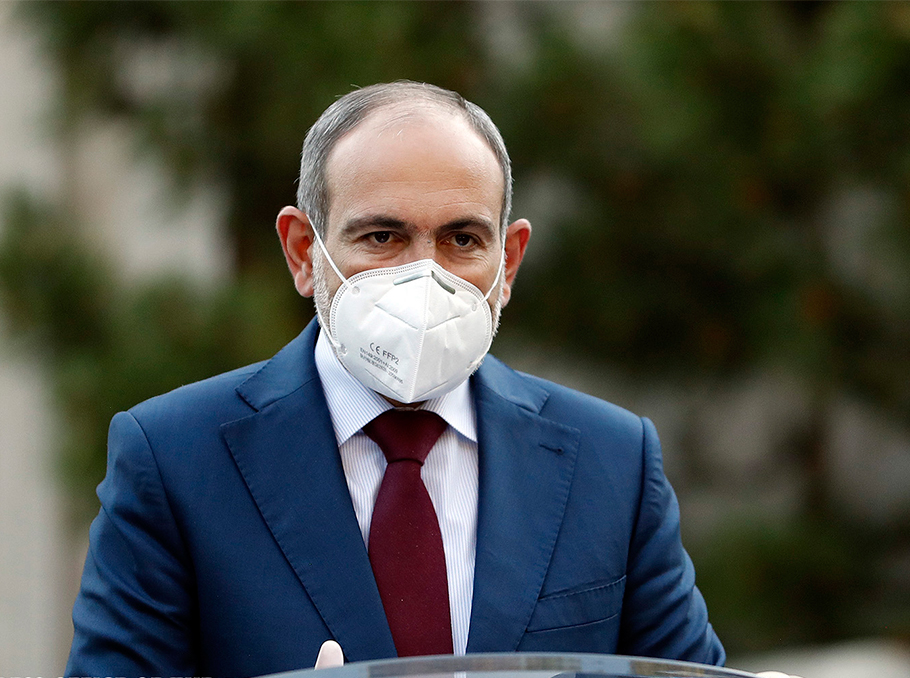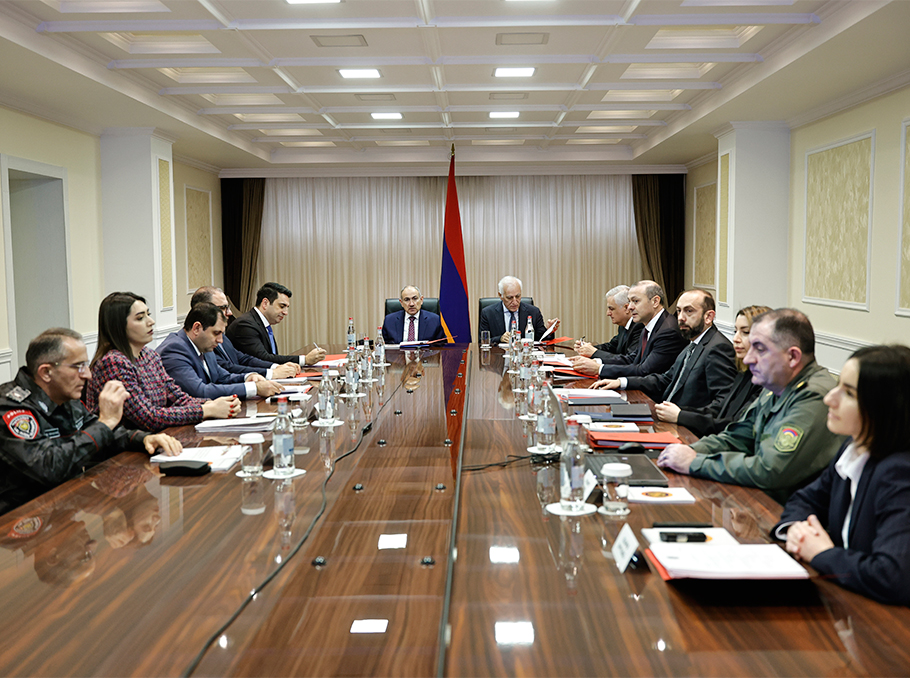Yerevan /Mediamax/. At today’s session of the government, Armenian Prime Minister Nikol Pashinyan stated that “we are coming out victorious from July hostilities, but we also need to draw some conclusions.”
The Prime Minister voiced 7 conclusions:
1. The general security system of Armenia and Artsakh needs to be further strengthened. From this point of view, I attach great importance to our close cooperation with the Republic of Artsakh and to providing new content to that cooperation in line with existing threats.
2. The Republic of Artsakh should become a full party to negotiations.
3. Azerbaijan should publicly renounce the use of force and take reliable steps to end the anti-Armenian rhetoric.
4. Negotiations must be meaningful. Azerbaijan's approach that the talks are a continuation of war and aim at resolving military issues at the negotiating table, makes the whole negotiation process meaningless. Negotiations make sense if Azerbaijan is ready to give up its maximalist approach and is ready to compromise. Recognition of the right of the people of Artsakh to self-determination without any restrictions, the security of the people of Armenia and Artsakh cannot be compromised under any circumstances.
5. In recent days, Azerbaijan has targeted the civilian population and the infrastructure of border villages of Tavush region. Countries supplying weapons to Azerbaijan must clearly realize that the use of these weapons is a crime against the civilian population, because it seems that it is not Azerbaijan that is fighting against Armenian armed forces and civilians, but international corporations producing foreign high-precision lethal weapons and their specialists. The conflict that has been going on for three decades seriously damages the border settlements of Armenia and the people living in Artsakh and violates their political, economic, environmental and other rights, including the right to movement. The approach that these rights can be exercised only after the settlement of the conflict is not acceptable. Problems of people living in the conflict zone should become a priority part of negotiation agenda.
6. The ceasefire monitoring that existed before the pandemic is in fact very limited. Effective international monitoring should be introduced that will be permanent and will have control mechanisms, which will record when and which side has violated the ceasefire. Such monitoring can be carried out by the Office of the Personal Representative of the OSCE Chairperson-in-Office, who has years of experience in the region and can ensure the constant presence of OSCE observers in the region, both on the state border and on the line of contact.
Providing on-site direct communication between the military is an effective tool for preventing and clarifying incidents.
7. Armenia will continue to work with the OSCE Minsk Group Co-Chairs for the peaceful settlement of the conflict. We have resolutely rejected and will continue to reject Turkey's attempts to destabilize the region by manipulating the conflict.





















